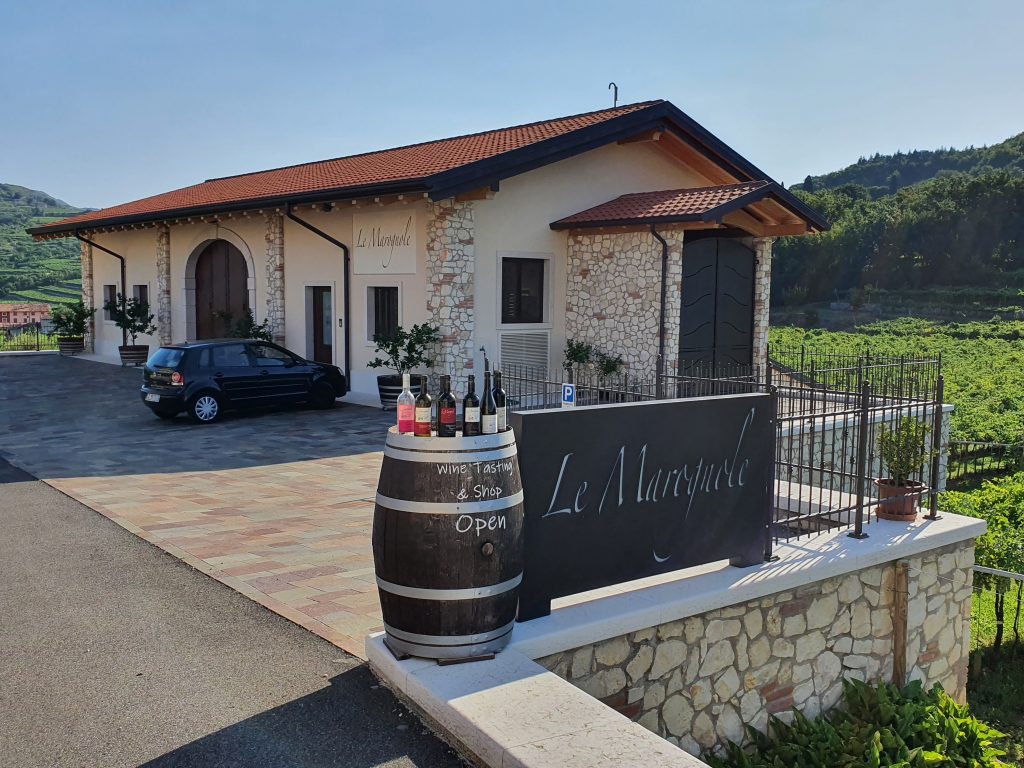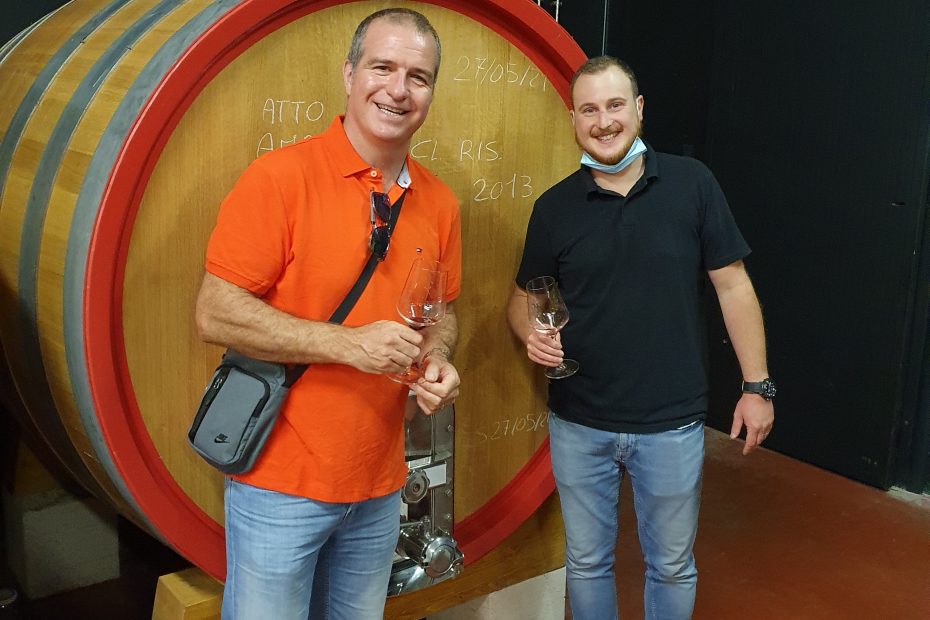During my recent trip back to Italy, I visited most of our suppliers, to talk about what we have done so far and what we hope to do in the future. I have been to most of them before, but this time I was going back to see them 8 months into our wine project here in the UK and had lots more questions that I needed to ask.
As I repeatedly like to inform our customers, the wines we supply are from smaller, independent, family owned, wineries and the quality, in my opinion, is without question. But how do they achieve it? Does being managed by a family mean it’s better by default? The answer is of course no, not really.
Using 4 wineries as examples, Colle Cerè, Vignetti Ettore, Le Marognole and Balestri Valda, I wanted highlight some of the distinct traits that in my opinion, make them stand apart from other, larger volume producers.
I often see bottles in supermarkets and notice the labels with ‘Single Estate wines’ or ‘Estate bottled’. There are different definitions around these terms, but it is all about where the grapes are grown, are they from the wineries own vineyards or bought from other vineyards to press, and so on. All, of our suppliers, have only their own land, growing their own grapes and press their own grapes in their own wineries. But, what I noticed from these 4 in particular was, that it goes beyond just growing the grapes of course, it can be where they grow them, how they select them and so on. What happens afterwards can vary slightly too from winery to winery, all within the confines of the DOC or DOCG classification of course.
For example, one of the producers grows the grapes used for the Amarone on only one hillside, that receives sunlight and shade at certain times of the day, whilst another producer, actually hand selects, the best bunches from their whole estate to ensure only the perfect grapes are used. Only the indigenous grapes are used, and no other varieties, as is now permitted under the DOCG classification. I am told that to make Amarone it is now allowed to be ‘diluted’ by some other permitted grapes, such as Cabernet Sauvignon by a maximum of 25%. This change was presumably driven by the volume mass producers seeking to get more out of their yearly production and keep prices down.
No use of pesticides and herbicides will undoubtedly help in the quality of the fruit and the care and attention given to the vines, in almost the same manner as a keen gardener would tend to his plants is something to behold. The estates I visited, were all absolutely pristine, and were cared for in an almost obsessive manner without exception. One winery, fully organic certified also have their own bees and produce their own honey. The bees, help of course with pollination and some insect control and also ensure the focus is totally on all aspects of production and care for nature, which again helps produce the best quality fruit to produce the best quality wine.
I will expand in separate notes about each individual winery, but what was clear to me from the visits was that the attention, bordering on obsession was abundantly obvious. Every aspect of production is cared for and no shortcuts are ever taken. This is a hard, year round passion and it shows in the end result.
Wine is subjective in terms of what we like or don’t like, and what one person likes the taste of, the other may not, but quality of product is perhaps more measurable. The quality of wine being produced by our suppliers is absolutely second to none and is just reward for such a labour of love.


